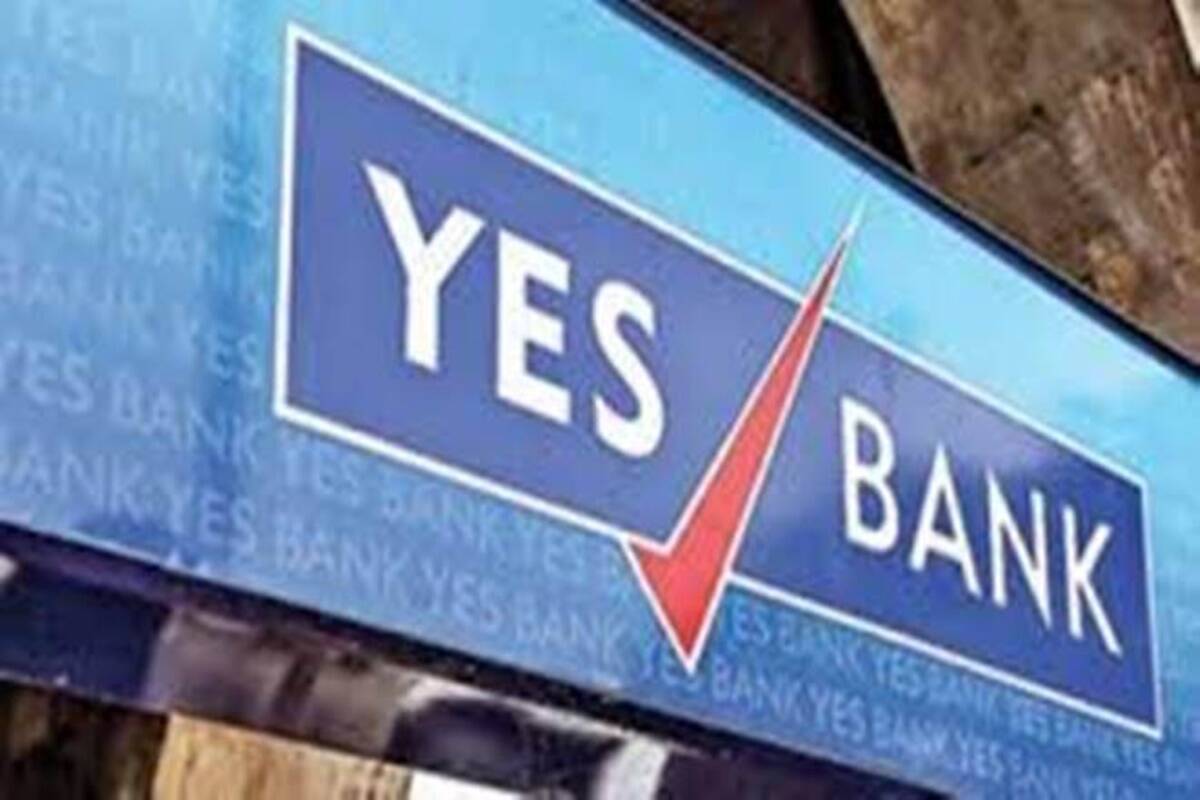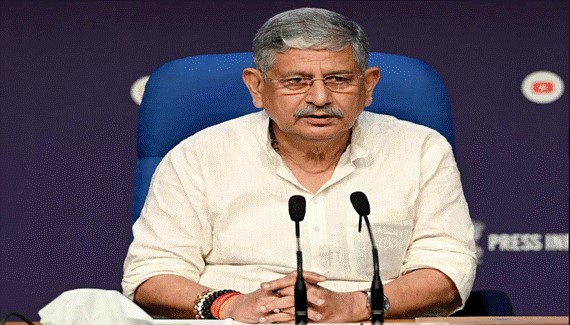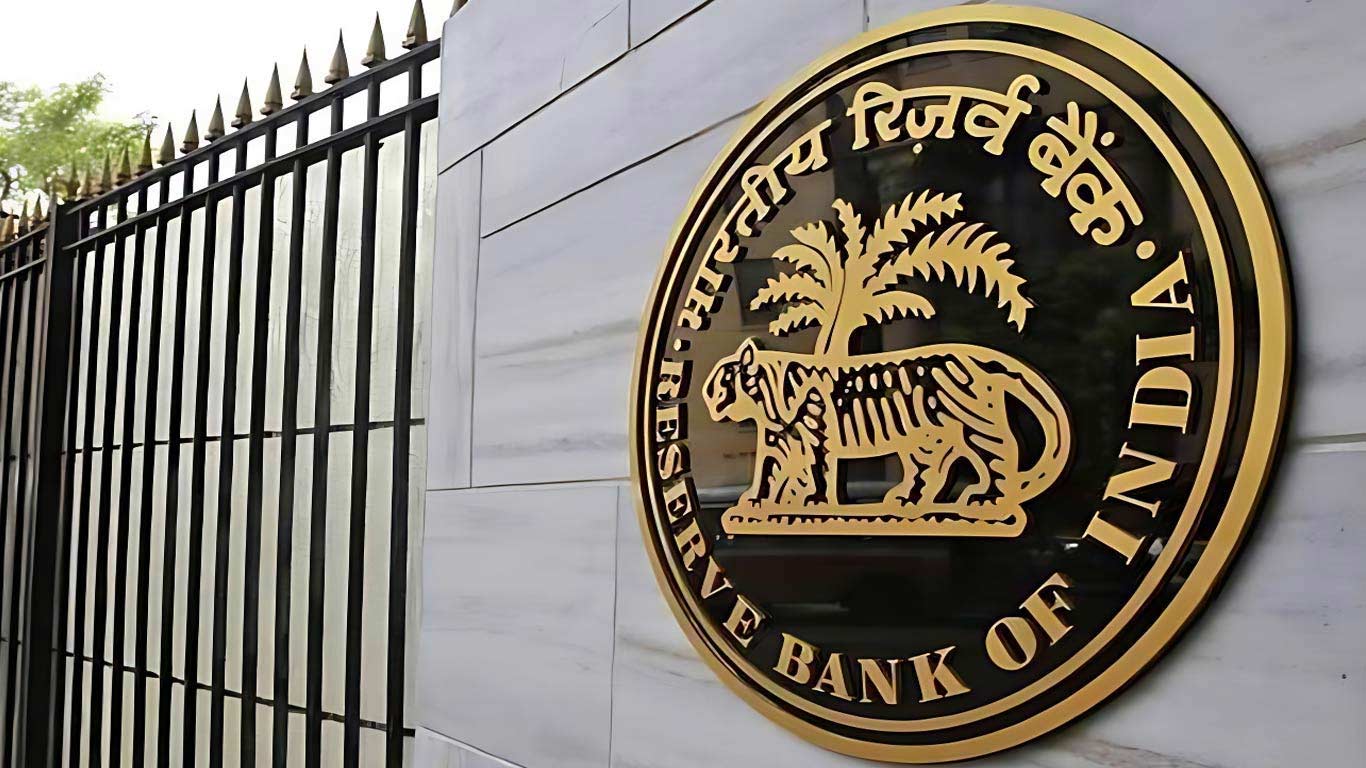Yes Bank posts net profit of Rs.151 cr in Q3
Sat 23 Jan 2021, 12:00:35

New Delhi: Private sector lender Yes Bank on Friday reported a profit of Rs 150.71 crore for the third quarter ended December 2020.
It had posted a record loss of Rs 18,654 crore a year ago due to surge in bad loans.
Total income during the quarter under review increased to Rs 6,518.37 crore from Rs 6,268.50 crore in the same period last fiscal, Yes Bank said in a regulatory filing.
The bank's gross non-performing assets (NPAs) as a percentage of assets eased to 15.36 per cent during October-December 2020-21 from 18.87 per cent in the year-ago period.
Similarly, the net NPA was lower at 4.04 per cent as against 5.97 per cent at the end of the third quarter previous fiscal.
As a result, provision other than tax and contingencies came down to Rs 2,198.84 crore from Rs 24,765.73 crore.
Meanwhile, the bank's board has cleared a proposal for raising Rs 10,000 crore either by equity or debt.
The board has approved "raising of funds for an amount aggregating up to Rs 10,000 crore in one or more tranches...by way of issuance of securities, through one or more permissible mode(s) including but not limited through a Qualified Institutions Placement, Rights Issue, Global Depository Receipts, American Depository Receipts, Foreign Currency Convertible Bonds, Further Public Offering or a
combination".
combination".
The bank had floated follow-on public offer (FPO) of Rs 15,000 crore in July 2020 to shore up its buffers that have fallen below the regulatory thresholds. However, it was subscribed 95 per cent on the final day so it raised Rs 14,267 crore through its FPO.
After battling stress for two years, Yes Bank was rescued by State Bank of India and a clutch of private-sector lenders in March 2020 from the collapse.
The bank's board was superseded by the government on March 5, and the RBI had appointed former chief financial officer of SBI, Prashant Kumar, as the administrator.
An inability to raise capital was cited as the primary reason for the actions, which also included it being put under a moratorium and a slew of restrictions, including capping of withdrawals at Rs 50,000 per account for a month.
Later, Kumar became its chief executive and managing director after the restructuring.
The bank's woes primarily stem from alleged corporate governance lapses under co-founder chief executive Rana Kapoor, who was arrested in March by the Enforcement Directorate and was booked under a fresh case by the CBI as well.
Kapoor's successor Ravneet Gill had chosen to report stress in the March 2019 quarter, leading for the maiden quarterly loss, and followed it up with two more quarters of weak results.
No Comments For This Post, Be first to write a Comment.
Most viewed from Business
AIMIM News
Latest Urdu News
Most Viewed
May 26, 2020
Is it right to exclude Bangladesh from the T20 World Cup?
Latest Videos View All
Like Us
Home
About Us
Advertise With Us
All Polls
Epaper Archives
Privacy Policy
Contact Us
Download Etemaad App
© 2026 Etemaad Daily News, All Rights Reserved.





.jpg)
.jpg)


















.jpg)
.jpg)
.jpg)


